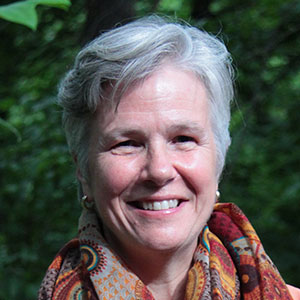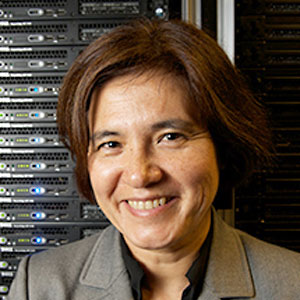Session Abstract – PMWC 2017 Silicon Valley
Session Synopsis: Widespread data sharing will radically accelerate precision medicine, making discovery and treatment more efficient. However, we must be mindful of the rights of patients to access their data and control its use and distribution. Respecting and enforcing these rights — including the right to privacy — will turn patients into partners and provide an incentive for even broader data sharing.
Session Chair Profile
Ph.D., V.P. of Healthcare Initiatives, Intertrust Technologies Corporation
Biography
Dr Knox Carey is Vice President of Healthcare Initiatives at Intertrust Technologies Corporation. He is General Manager of the Genecloud project, which aims to balance individual privacy with access to sensitive genomic and other healthcare data. Knox is an leading member of the Security Working Group at the Global Alliance for Genomics and Health. Prior to his work with genomic data, Dr Carey was Head of Technology for the Asia-Pacific region, a security architect in several international standardization efforts, and a liaison between leading technology companies and the major studios and record labels. Knox came to Intertrust from Sony Corporation, where he was a senior researcher in image and video compression. Dr Carey is a three-time graduate of Cornell University (BS 92, MEng 94, PhD 99), where he majored in Electrical and Computer Engineering with concentration in digital signal processing, information theory, and applied mathematics.
Speaker Profile
President and CEO, Genetic Alliance
Biography
Sharon Terry is President and CEO of the Genetic Alliance, a network transforming health by promoting openness and is founding CEO of PXE International, a research advocacy organization for the genetic condition pseudoxanthoma elasticum (PXE). Her memberships and advisories include the International Rare Disease Research Consortium and the Institute of Medicine Science and Policy Board. She was instrumental in the passage of the Genetic Information Nondiscrimination Act. Among other awards she received was the Clinical Research Forum and Foundation’s Annual Award for Leadership in Public Advocacy in 2011.
Speaker Profile
M.D., MBA, Ph.D., Professor of Medicine and Founding Chair, Health System Department of Biomedical Informatics, University of California San Diego
Biography
Lucila Ohno-Machado, MD, MBA, PhD received her medical degree from the University of São Paulo and her doctoral degree in medical information sciences and computer science from Stanford. She is Associate Dean for Informatics and Technology, and the founding chair of the Health System Department of Biomedical Informatics at UCSD, where she leads a group of faculty with diverse backgrounds in medicine, nursing, informatics, and computer science. Prior to her current position, she was faculty at Brigham and Women’s Hospital, Harvard Medical School and at the MIT Division of Health Sciences and Technology. Dr. Ohno-Machado is an elected fellow of the American College of Medical Informatics, the American Institute for Medical and Biological Engineering, and the American Society for Clinical Investigation. She serves as editor-in-chief for the Journal of the American Medical Informatics Association since 2011. She directs the patient-centered Scalable National Network for Effectiveness Research funded by PCORI (and previously AHRQ), a clinical data research network with over 24 million patients and 14 health systems, as well as the NIH/BD2K-funded Data Discovery Index Consortium. She was one of the founders of UC-Research eXchange, a clinical data research network that connected the data warehouses of the five University of California medical centers. She was the director of the NIH-funded National Center for Biomedical Computing iDASH (integrating Data for Analysis, ‘anonymization,’ and Sharing) based at UCSD with collaborators in multiple institutions. iDASH funded collaborations involving study of consent for data and biospecimen sharing in underserved and under-represented populations.
Session Chair Profile
Ph.D., Senior Research Scholar, Stanford Center for Biomedical Ethics and Faculty in the Program in Science, Technology and Society (STS), Stanford University
Biography
Dr. Lee is a medical anthropologist whose research focuses on the sociocultural and ethical issues of emerging genomic technologies and their translation into clinical practice. She leads studies on public attitudes towards governance and use of clinical samples and data in research, the ethics of scientific approaches to concepts of race, ethnicity and ancestry in human genetic variation, and the ethics of entrepreneurship and the social and cultural dimensions of innovation. Dr. Lee serves on the Scientific Advisory Board for the Kaiser Permanente National Biobank and the Genomics and Society Working Group at the National Human Genome Research Institute. She was past Chairperson of the Institutional Review Board at the Cancer Prevention Institute of California and served on the NIH Social and Ethical Issues in Research Committee for Scientific Review.







